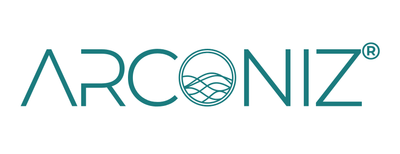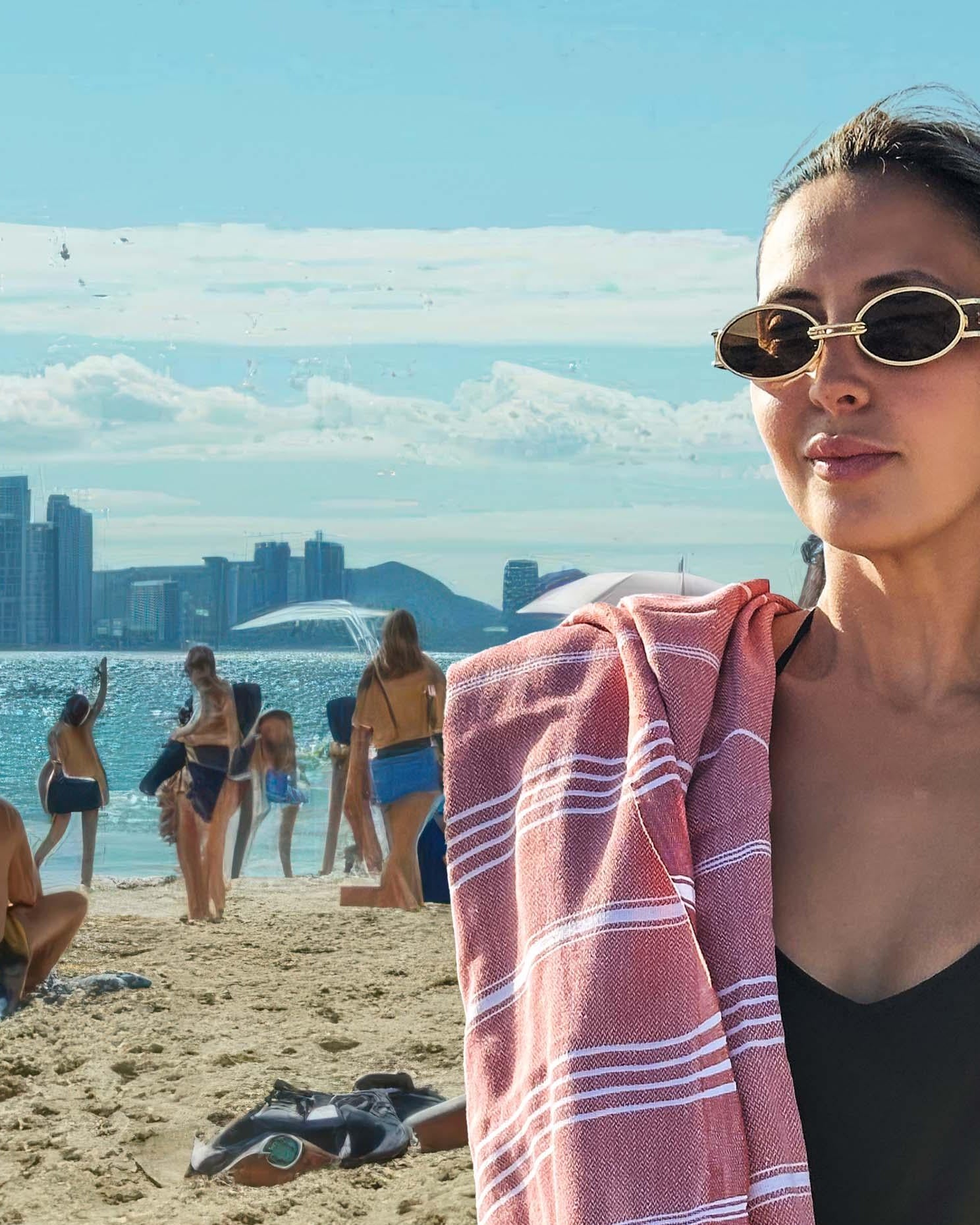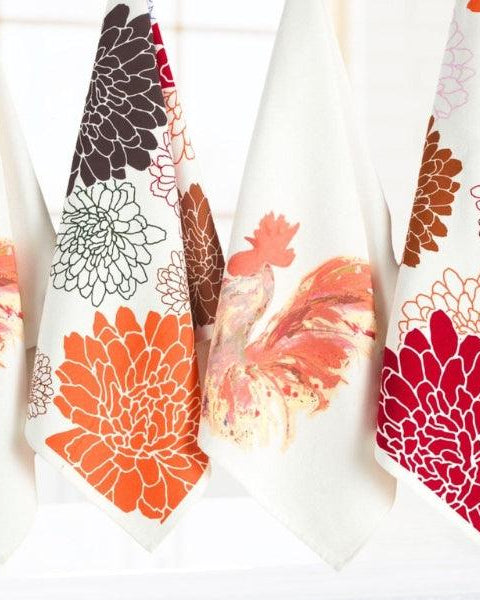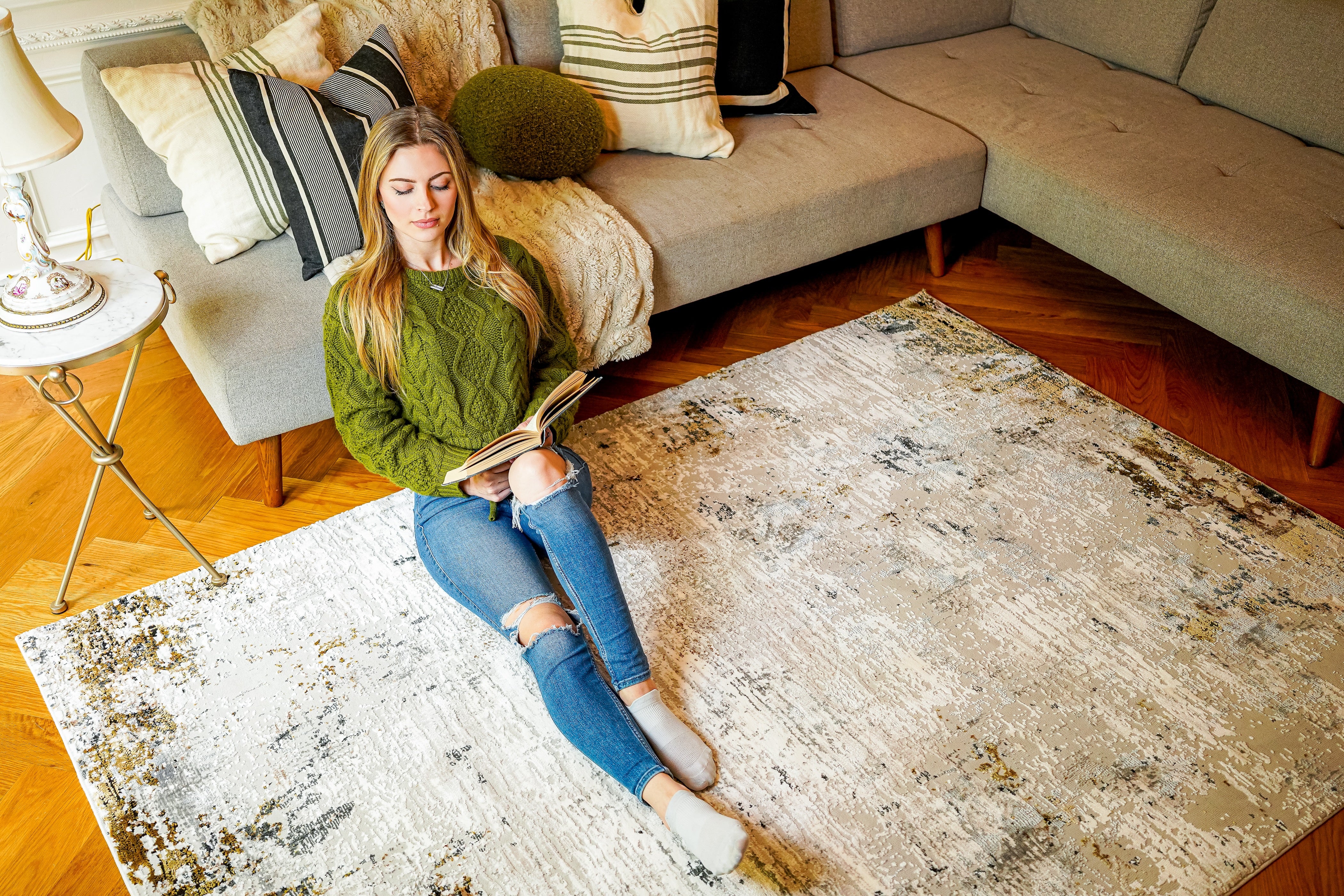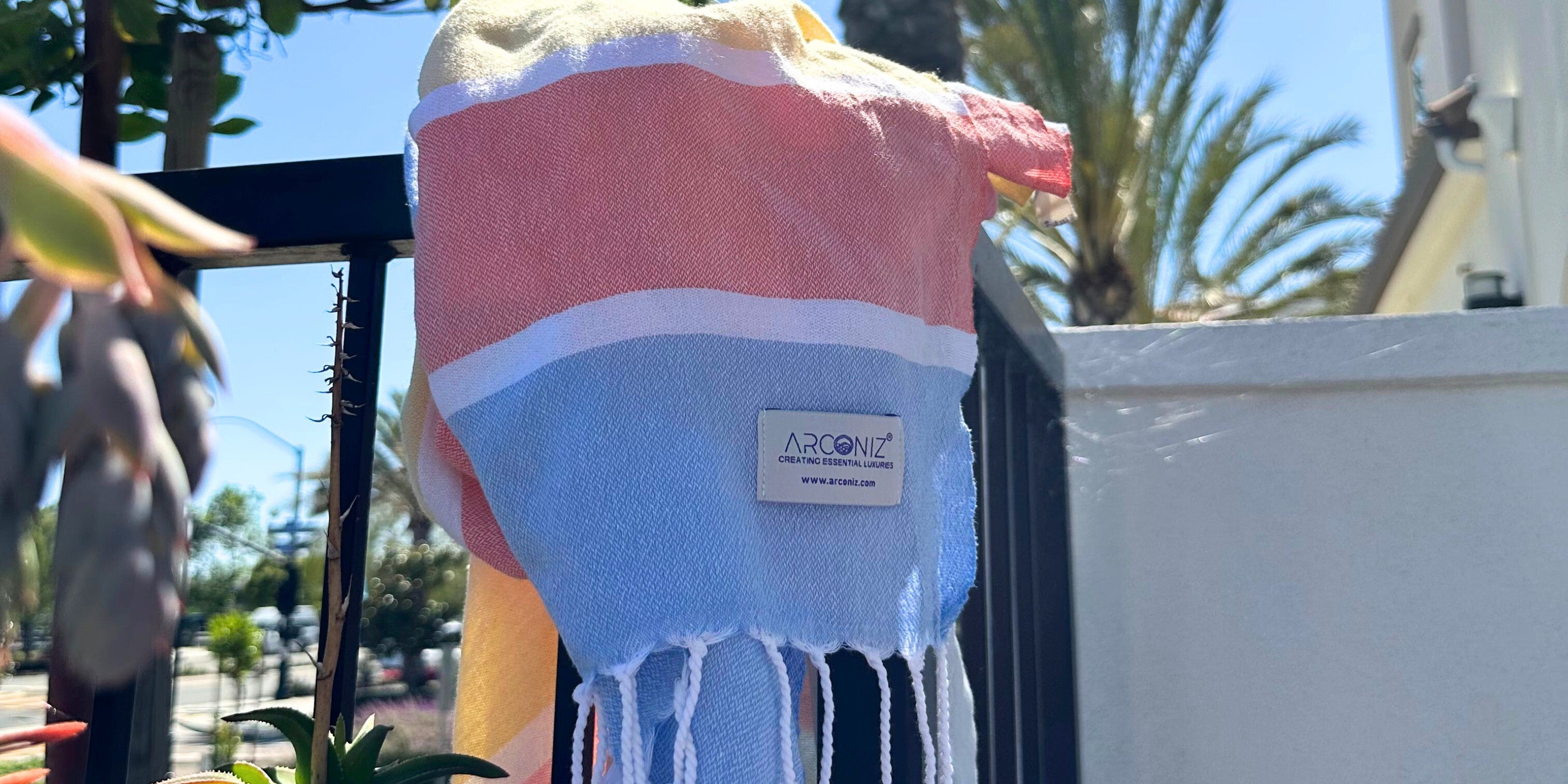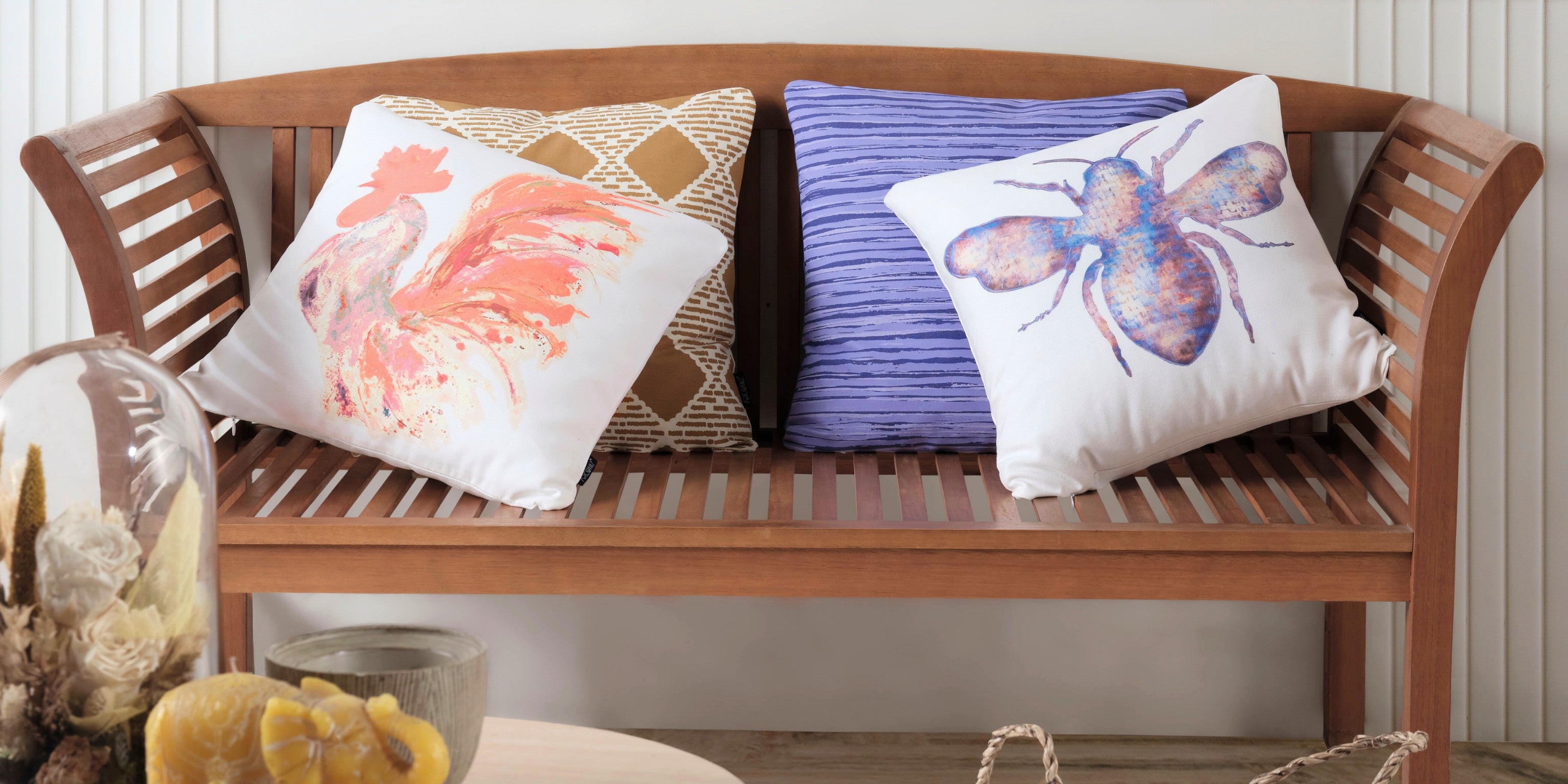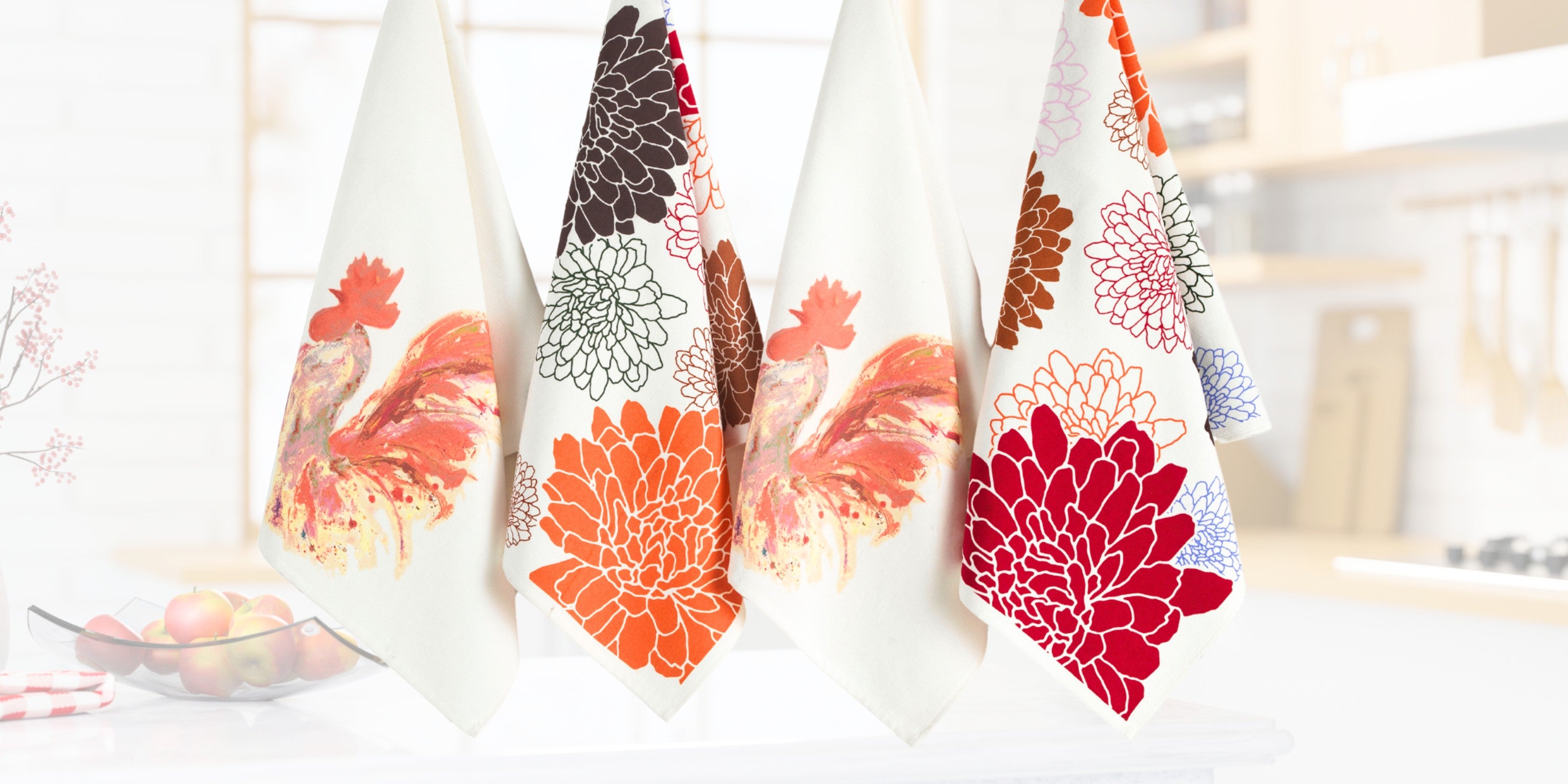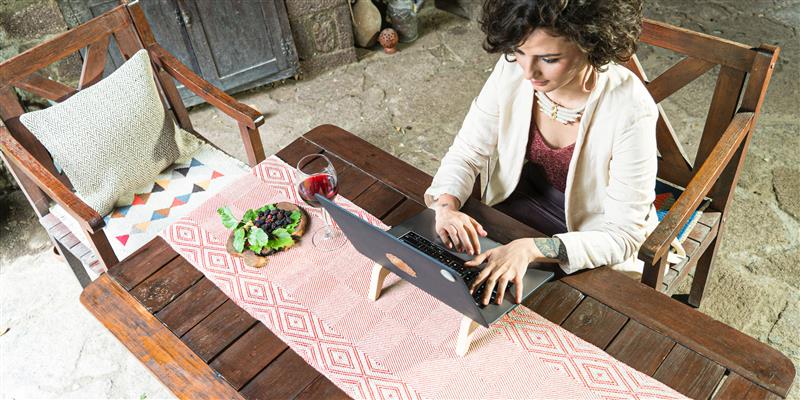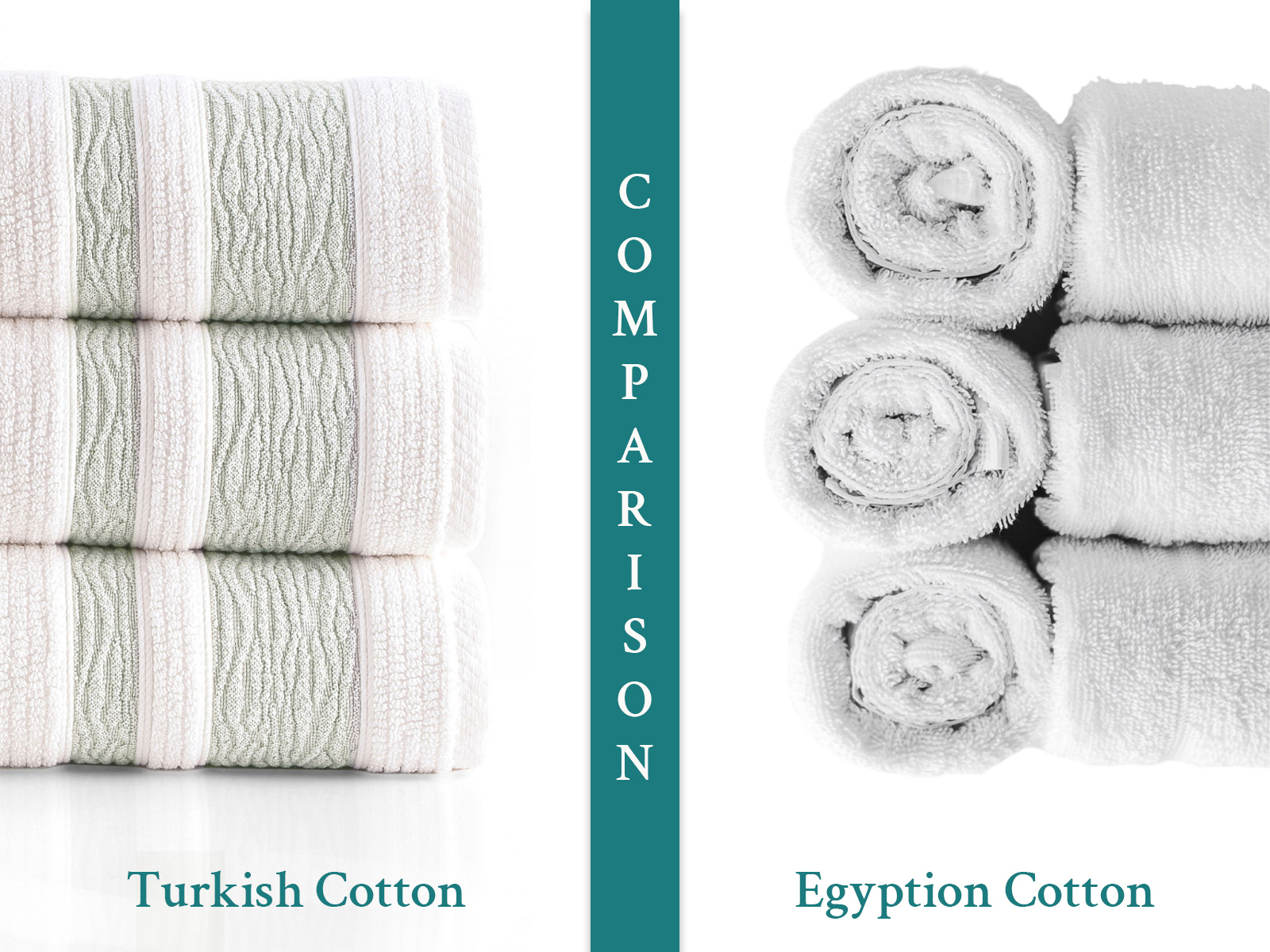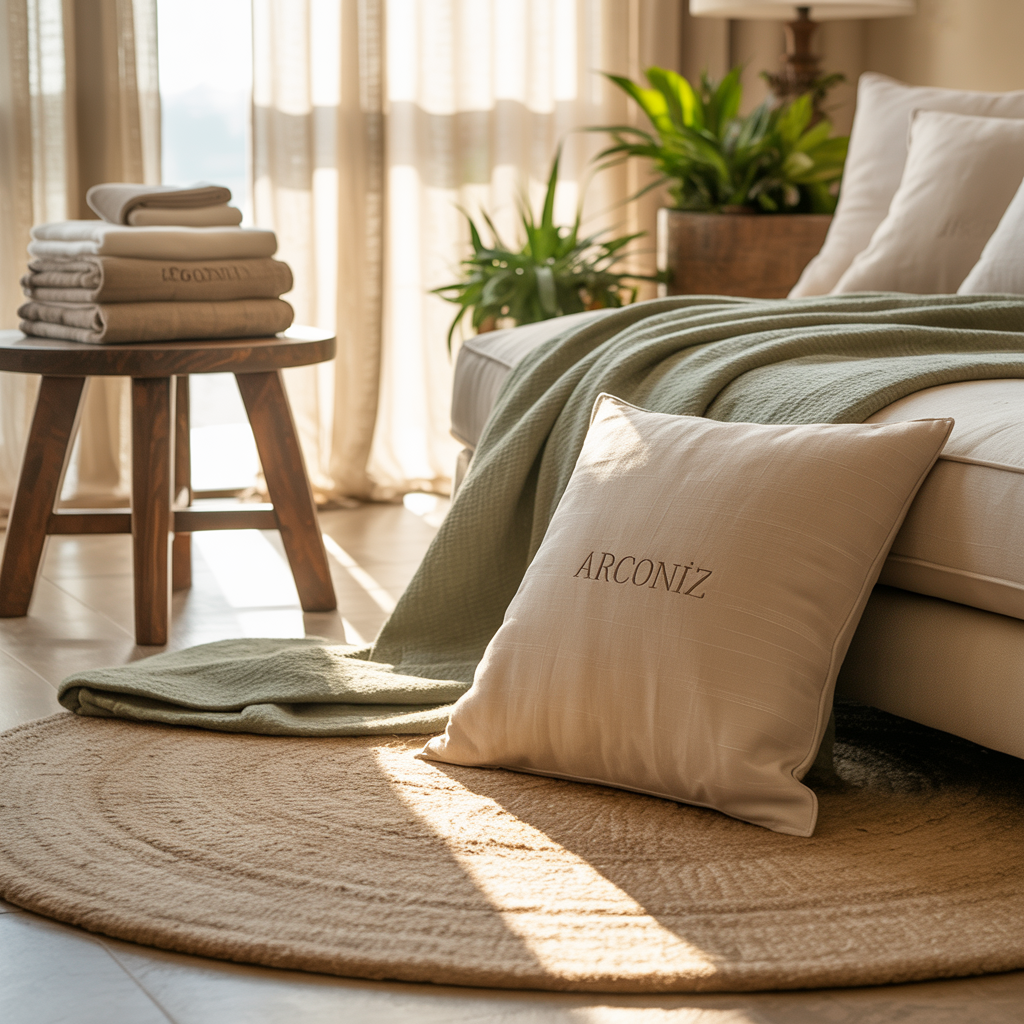Choosing the right cotton can elevate a home from ordinary to extraordinary. Turkish and Egyptian cotton are two of the most luxurious options available. Each offers unique qualities that appeal to different tastes and needs.
Turkish cotton is celebrated for its softness and absorbency. It’s a favorite for towels and bathrobes. Egyptian cotton, on the other hand, is renowned for its silky feel and durability, making it ideal for bed linens.
Understanding the differences between these cotton types can help interior designers make informed decisions. This guide will explore their characteristics, benefits, and ideal uses. Discover which cotton best suits your luxury home decor needs.
Understanding Cotton Fabric Types: A Brief Overview

Cotton is a beloved material due to its comfort and versatility. There are several types of cotton, each with distinct characteristics. These differences can greatly impact the feel and function of your decor items.
Two prominent types are Turkish and Egyptian cotton. Both are known for their quality and luxurious appeal. However, they each serve unique purposes in home decor. Here's a quick breakdown of popular cotton fabric types:
- Turkish Cotton: Long fibers, great absorbency
- Egyptian Cotton: Extra long fibers, superior softness
Understanding these distinctions can help in selecting the right fabric for your luxury spaces.
Origins and Growing Conditions: Turkish vs Egyptian Cotton
Turkish cotton originates from the Aegean region of Turkey. This area is famous for its favorable climate, contributing to the cotton's quality. The mild weather allows the fibers to grow longer and softer.
On the other hand, Egyptian cotton is grown along the Nile River Valley. The rich soil and consistent climate of this region enhance fiber quality. This cotton thrives in heat, which fosters its characteristic strength and softness.
Both types of cotton benefit from handpicking. This technique preserves the integrity of the fibers. Additionally, handpicking minimizes damage, maintaining high standards for luxury textiles.
Despite their shared attention to quality, the distinct environmental factors impart unique qualities to each cotton type.
Fiber Length and Quality: What Sets Them Apart
When comparing Turkish and Egyptian cotton, fiber length stands out as a critical factor. Egyptian cotton is known for its extra-long staple fibers. These fibers make it exceptionally durable and soft.
Turkish cotton features long fibers, though not as lengthy as Egyptian. This contributes to its renowned absorbency. Its fibers also enhance the fabric's overall softness and quality.
Here are notable differences between these cotton types:
- Egyptian Cotton: Extra-long fibers, resulting in high durability.
- Turkish Cotton: Long fibers, contributing to superior absorbency.
- Quality: Both are handpicked for pristine conditions.
Both cotton types are luxurious, but their unique fiber qualities cater to different needs in luxury home decor.
Softness, Texture, and Feel: The Sensory Experience
The softness of Egyptian cotton is often compared to silk. Its silky feel is due to the extraordinary quality of its fibers. The long fibers create a smooth and luxurious texture.
Turkish cotton, while also very soft, develops its plushness over time. With each wash, Turkish cotton becomes softer and more inviting. This gradual softness adds to its charm.
In terms of texture, Egyptian cotton maintains a smooth surface. It resists pilling, keeping it looking pristine. Turkish cotton has a thicker texture, lending a cozy touch to textiles.
Ultimately, the choice depends on the desired sensory experience. Both offer a luxurious feel suitable for high-end applications.
Absorbency and Breathability: Performance in Everyday Use
Absorbency is a key feature for many textiles, particularly towels and bathrobes. Turkish cotton excels in this area, making it a top choice for spa-like experiences. Its ability to quickly absorb moisture and dry faster enhances its everyday practicality.
Egyptian cotton also offers notable absorbency, although it's often praised more for its breathability. This quality makes it ideal for bed linens that maintain comfort across seasons. Breathability ensures that fabrics remain pleasant and cool, crucial for a restful sleep environment.
When evaluating these factors, consider these properties:
- Turkish cotton: Excellent moisture absorption, quick to dry.
- Egyptian cotton: Exceptional breathability, comfortable year round.
Both offer performance benefits suited to different needs and uses.
Durability and Longevity: Which Lasts Longer?
Durability is a significant consideration when selecting premium cotton. Egyptian cotton stands out with its extra-long fibers contributing to strong, resilient fabrics that resist pilling. This longevity is particularly valued in bed linens that endure frequent use.
Turkish cotton is also known for its durability, though it softens with each wash. While its fibers are not as long as Egyptian cotton's, the plush texture it gains over time adds a luxurious touch to daily items. This transformation doesn't compromise the fabric's integrity.
Both cotton types are crafted to withstand wear, offering luxurious comfort and practicality over many years. Their durability ensures your investment in these materials pays off in long-term satisfaction.
Maintenance and Care: Keeping Luxury Looking Its Best
Caring for luxury cotton fabrics ensures they remain in pristine condition. Egyptian cotton requires gentle washing and low-heat drying to maintain its silky feel. Avoid harsh chemicals to prevent damage to the fibers.
Turkish cotton, on the other hand, is resilient to regular washing. It becomes softer with each cycle, enhancing its plush texture. However, it is best to use mild detergents to preserve its quality.
Here are some tips for maintaining both:
- Wash with cold or warm water.
- Use mild, bleach-free detergents.
- Dry on a low heat setting or air dry.
Proper care keeps these luxury fabrics beautiful and functional. For more detail you can checkout our article on Guide to Caring for Your Luxury Turkish Bath Towels.
Price, Value, and Accessibility: Luxury Within Reach
Turkish cotton often offers a more budget friendly luxury. Its affordability does not compromise on quality or elegance. This makes Turkish cotton an attractive option for those looking to balance price with indulgence.
Egyptian cotton, however, carries a higher price tag. Its association with luxury and longevity justifies the investment for discerning clients. The initial expense is balanced by its durability and exceptional comfort.
Choosing between them depends on priorities. Turkish cotton provides accessible luxury while Egyptian cotton caters to those seeking unparalleled opulence. Both offer excellent value for their respective price points.
Ideal Uses in Home Decor: Designer Recommendations
Both Turkish and Egyptian cotton have their optimal applications in home decor. Designers often recommend Turkish cotton for its quick-drying properties. It's ideal for plush towels and cozy bathrobes that add a touch of spa luxury to bathrooms.
Egyptian cotton shines in bedroom settings. Its silky feel makes it perfect for high end bed linens. These enhance the sleeping experience with unmatched comfort and elegance.
- Turkish cotton: Towels, bathrobes, spa products
- Egyptian cotton: Bed linens, pillowcases, luxury draperies
Both cotton types elevate home projects, ensuring style and practicality. They help create spaces that are not only beautiful but also inviting and functional.
The Verdict: Complementary Luxuries
Rather than viewing Turkish and Egyptian cotton as competing options, many luxury households find that both varieties serve complementary roles in creating the ultimate textile environment. Egyptian cotton may provide the ultimate in bedroom luxury, while Turkish cotton delivers superior performance in bathrooms and leisure areas. This approach allows for optimization of each cotton variety's strengths while creating a cohesive luxury experience throughout the home.
The choice between Turkish and Egyptian cotton need not be exclusive. Understanding the unique characteristics of each allows for informed decisions that match specific needs and preferences while maintaining the highest standards of luxury and performance.
Conclusion: Defining Your Luxury Standard
Both Turkish and Egyptian cotton represent the pinnacle of natural fiber luxury, each offering distinct paths to textile excellence. Egyptian cotton provides traditional luxury with immediate gratification and timeless appeal, while Turkish cotton offers evolving luxury that improves with time and provides exceptional versatility. The best choice depends on your personal definition of luxury, specific application requirements, and long-term expectations for your textile investments.
At Arconiz, we believe that true luxury lies in having access to both varieties and understanding when each serves your needs best. Whether you choose the immediate opulence of Egyptian cotton or the evolving excellence of Turkish cotton, investing in premium natural fibers ensures that your luxury experience will be both satisfying and enduring.
